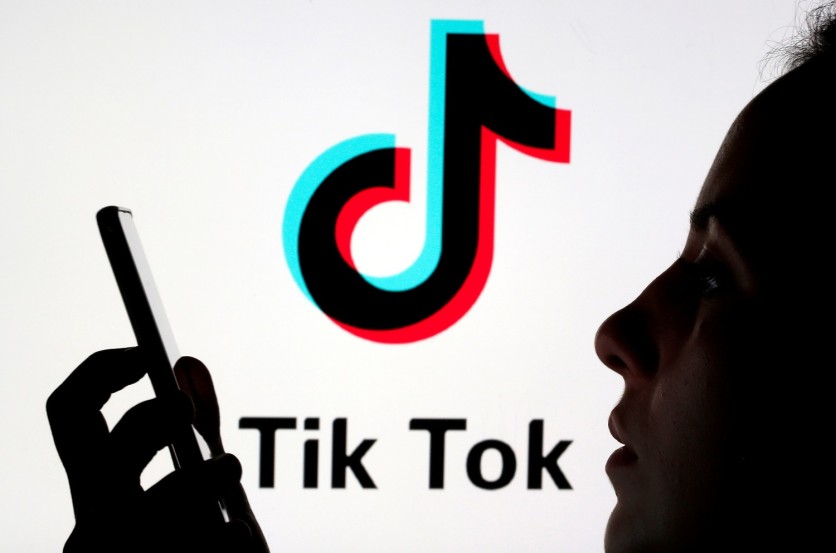Health advocates have warned that social media app TikTok could encourage unhealthy food habits and eating disorders.
According to BBC News, among the 800m users of the popular video app, more than 41% are aged between 16 and 24. However, campaigners worry that some contents glamorize eating disorders like anorexia and bulimia.
In response, TikTok said the safety and wellbeing of users are their top priority. At the same time, they encourage people to report any inappropriate content like those seeking to glorify or promote eating disorders.

However, eating disorder charity Beat said that while it commends TikTok's action to reduce the spread of such content, some harmful videos still surface on the app.
"We'd advocate for real people to search the platform and to highlight and take down the harmful content," Beat's director of external affairs Tom Quinn said.
"Pro-ana" versus "pro-mia" content
Health advocates have identified some content that dangerous eating behaviors.
"Pro-ana" describes the content that promotes perilous mindsets linked to the eating disorder anorexia nervosa while "pro-mia" encourages bulimia.
While it started in the dark web, it eventually reached social media platforms. Despite TikTok's use of strict measures to remove content, activists say the app is slow in dealing with it.
Everyone can create and publish content, and all people can endorse any diet or weight loss advice. Also, TikTok's algorithm means people do not need to search for the content as it can automatically appear as suggested content.

Thus, anyone who watches a "pro-ana" video can receive more weight- loss tips that urge individuals to lose weight.
Eating Disorder and Mental Health advocate James Downs said he thinks the vague way content is spread through the app "makes TikTok especially threatening" since users cannot funnel the content they see and whether it is safe for their mental wellbeing.
"One of the things that worries me most about TikTok is how the environment it provides is not guaranteed to be a safe one," Downs said.
He also added that while we would not send the youth into physical environments that might endanger their wellbeing, so we should also not agree on "dangers in our digital environments."
Meanwhile, TikTok said users can put restrictions on what content they want to see less while the company removes those that promote or glorify eating disorders.
"For some, TikTok provides an opportunity to share their experience of living with or recovering from an eating disorder and expression of this nature is permitted within the boundaries of our community guidelines," a TikTok representative said.
TikTok reveals some of its algorithm secrets
Amid concerns about how the company manages the contents on its platform, TikTok published a blog post last week that discussed how its algorithm works and provides tips for personalizing the feed to avoid videos that users do not like.
As reported by The Verge, TikTok's recommendation algorithm is built around factors similar to YouTube's. User's interactions in the app like posting a comment or following an account affect the recommendations feeds. A user who follows a health advocate or likes health tips videos will be provided with more health videos. This also informs TikTok's algorithm about videos people might not be interested in.
ⓒ 2026 TECHTIMES.com All rights reserved. Do not reproduce without permission.




